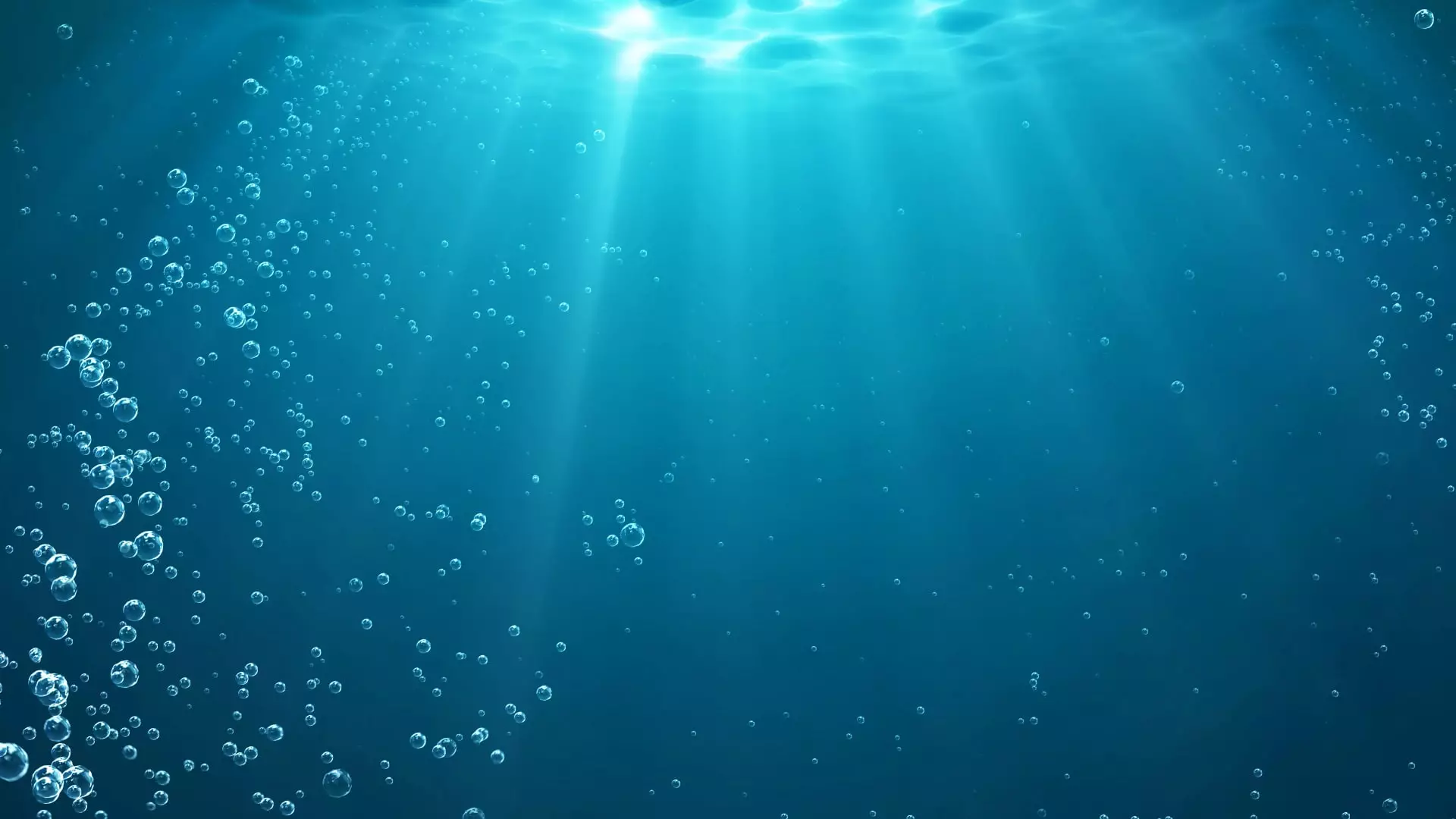Recent research published in the Nature Geoscience journal has revealed a groundbreaking discovery by an international team of scientists. Contrary to the traditional belief that oxygen is solely produced through photosynthesis by living organisms using sunlight, it has been found that oxygen is being generated by metallic nodules deep below the surface of the Pacific Ocean. This unexpected revelation challenges our current understanding of oxygen production and could potentially reshape our thinking about the origins of complex life on Earth.
The Research Findings
Led by Professor Andrew Sweetman from the U.K.’s Scottish Association for Marine Science, the team of scientists conducted ship-based fieldwork in the Pacific Ocean to investigate the impacts of deep-sea mining. They explored the Clarion-Clapperton Zone, an abyssal plain between Hawaii and Mexico, and made a startling discovery. By analyzing metallic nodules from the seabed, the researchers found that these potato-shaped formations were producing oxygen in complete darkness at depths of approximately 4,000 meters below the ocean’s surface.
The revelation of “dark oxygen” has raised concerns about the potential consequences of deep-sea mining in these regions. The high electric charge present in many of the metallic nodules suggests that seawater electrolysis could be taking place, leading to the separation of hydrogen and oxygen. This process could have significant implications for the extraction of valuable minerals and metals, such as cobalt, nickel, copper, and manganese, which are essential components for various modern technologies like electric vehicle batteries, wind turbines, and solar panels.
Environmental Impact and Sustainability
While deep-sea mining offers the promise of accessing vital resources for technological advancement, there are growing concerns about its environmental impact. Scientists have cautioned that the full extent of the consequences of deep-sea mining remains uncertain and difficult to predict. Environmental activists have also voiced their apprehensions, arguing that the practice cannot be carried out sustainably and will result in the destruction of ecosystems and the extinction of species.
Sofia Tsenikli, the deep-sea mining global campaign lead for the Deep Sea Conservation Coalition, has emphasized the urgent need for a moratorium on deep-sea mining activities. The discovery of oxygen production in association with polymetallic nodules underscores the necessity for further research and reflection on the potential impacts of deep-sea mining on marine life and processes. This groundbreaking research serves as a reminder of how much we still have to learn and understand about the deep sea, motivating us to reevaluate our approach to resource exploration and environmental conservation in these vulnerable ecosystems.


Leave a Reply